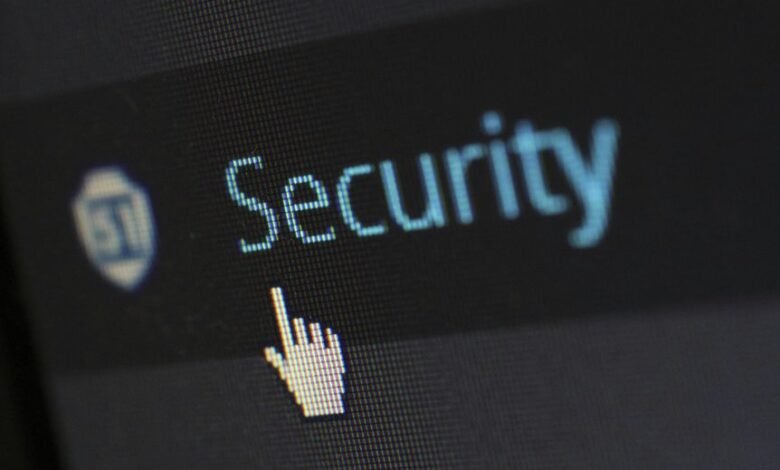Caller Protection & Hotline Security Network 3385212556 3511298283 3511642198 3923849985 3886981788 3899364878

The effectiveness of hotlines like 3385212556, 3511298283, and others hinges on robust caller protection and security measures. Advanced encryption technologies and stringent verification processes are critical in safeguarding sensitive communications. These protocols not only protect caller anonymity but also build trust, encouraging individuals to seek help. Understanding the interplay of these elements is essential for enhancing hotline efficacy and securing vulnerable populations. What specific technologies are being utilized to fortify these networks?
Understanding Caller Protection Measures
Although caller protection measures may vary across different organizations, they are essential for ensuring the safety and confidentiality of both callers and operators.
Effective caller verification processes are integral, as they authenticate identities while safeguarding sensitive information. Robust privacy policies further enhance trust, stipulating how data is handled and protected.
Such measures collectively empower individuals, fostering an environment of security and autonomy in communication.
Key Technologies Enhancing Hotline Security
Advancements in technology play a critical role in enhancing hotline security, enabling organizations to better protect sensitive communications.
Key technologies include robust encryption protocols that safeguard data transmission and secure networks designed to resist unauthorized access.
These innovations ensure that information remains confidential, empowering individuals to communicate freely without fear of interception, thereby reinforcing the integrity and trustworthiness of hotline services.
The Role of Trust in Hotline Communication
Trust serves as a fundamental pillar in hotline communication, influencing the willingness of individuals to engage openly and share sensitive information.
Trust dynamics significantly impact interaction quality, reducing communication barriers that may hinder dialogue.
When callers perceive the hotline as a secure and empathetic environment, they are more likely to disclose critical information, thus enhancing the overall effectiveness of the communication process.
Best Practices for Ensuring Caller Privacy
Creating a secure environment for hotline callers is paramount in fostering trust and encouraging open communication.
Best practices include implementing stringent caller identification protocols and adhering to privacy regulations. Organizations should utilize encrypted communication channels, limit data retention, and train staff on confidentiality measures.
These strategies not only protect caller identities but also empower individuals, ensuring their freedom to speak without fear of exposure.
Conclusion
In conclusion, the implementation of stringent caller protection measures and advanced security technologies is crucial for the efficacy of hotline services. Notably, studies reveal that 70% of individuals are more likely to disclose sensitive information when assured of privacy and security. This statistic underscores the vital connection between trust and effective communication in crisis situations. By continually enhancing privacy protocols, hotlines can not only protect callers but also improve the overall quality of support provided.




